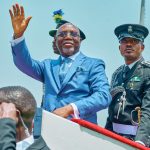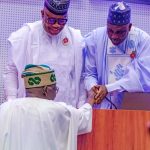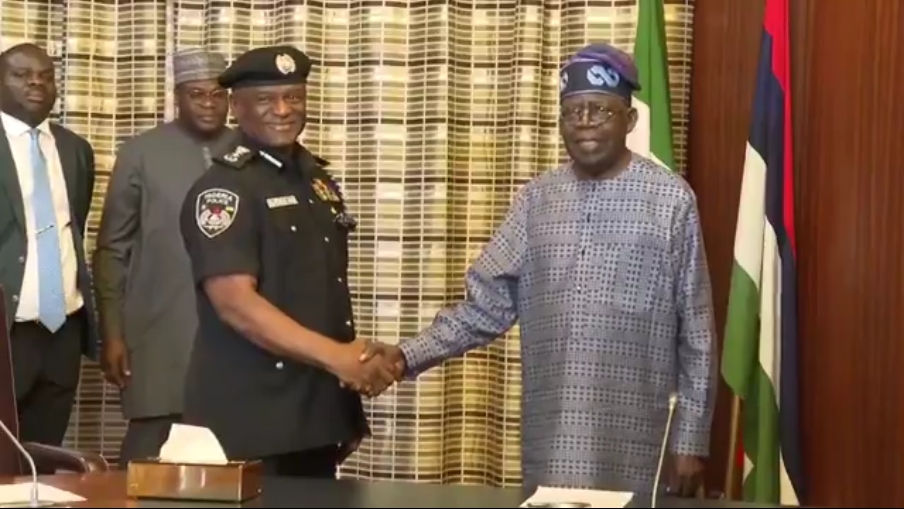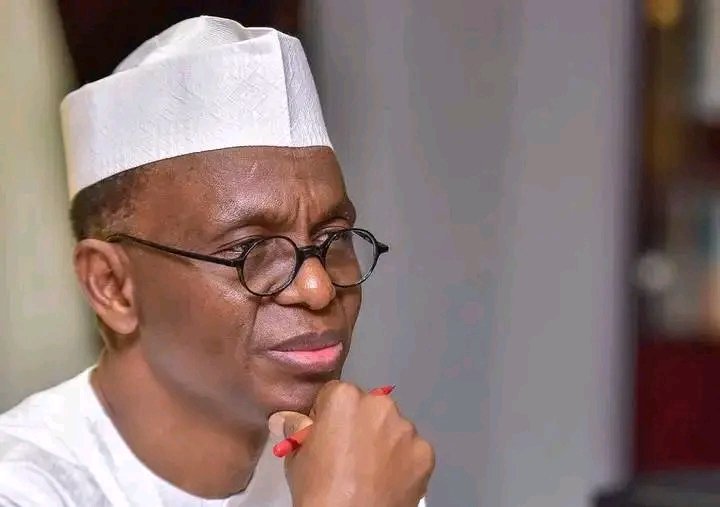The crisis in the People’s Democratic Party has taken a new turn as Justice Inyang Ekwo of the Federal High Court in Abuja barred the Independent National Electoral Commission (INEC) from taking any further step to remove Sen. Samuel Anyanwu as the party’s National Secretary.
Justice Ekwo issued the order on the same day that the PDP and Mr. Udeh-Okoye Enemchukwu, the party’s endorsed national scribe, filed an application to join the lawsuit initiated by Anwanyu as interested and necessary parties.
Persecondnews had reported that Anyanwu approached the court seeking an order restraining INEC from implementing his removal as PDP’s National Secretary.
In the motion ex-parte he filed through his team of lawyers led by Mr. Ken Njemanze (SAN), the applicant specifically urged the court to bar the electoral body or its agents from receiving or acting upon any correspondent or submission from the PDP unless such documents were signed by him.
He applied for an injunction to prevent the National Chairman, Umar Damagun, from sending any documents or correspondence to INEC without his signature.
Meanwhile, instead of granting the prayers, the court, in a ruling it delivered on Wednesday February 19, directed the applicant to put INEC and Damagun, who were originally listed as defendants in the motion on notice.
Justice Ekwo held that the defendants should be served with all the necessary court processes to enable them to respond to the application.
The court adjourned for the defendants to show cause why Anyanwu’s prayers should not be granted.
At the resumed proceedings on Monday, INEC’s lawyer, Mr. Ahmed Mohammed, informed the court that INEC had filed a counter-affidavit to contest the validity of the lawsuit.
Although Mohammed acknowledged being properly served with all relevant documents, he conceded that INEC failed to file a response to show cause as instructed by the court.
Ekwo expressed disappointment that INEC chose to file a counter-affidavit, addressing the substantive issue, rather than responding to Sen. Anyanwu’s application for interim orders.
Udeh-Okoye’s lawyer, Mr. Paul Erokoro (SAN), and the PDP’s lawyer, Mr. Paul-Harris Ogbole (SAN), informed the court that they had served Anyanwu’s lawyer with separate applications to join the case as interested parties.
They sought an amendment of the substantive suit to reflect their names as defendants.
Njemanze acknowledged receiving the joinder applications, but said that the timeframe for responding to them had not yet expired.
Before adjourning the case until February 28 to hear all pending applications, the judge cautioned INEC against taking any actions that could negatively impact the ongoing lawsuit.
He held: “INEC has not given any tangible reason to show cause, but rather filed a process that goes to the substance of the matter.
“Therefore, it is the order of this court that INEC should not do anything contrary to the prayers of the Applicant until further order of this court.
“The 1st and 2nd defendant are ordered not to do anything or take action that will contravene the prayers of the Applicant.
“I hereby make an order for accelerated hearing of this matter.”
Damagun, the Acting Chairman of the PDP, was served with the court papers but didn’t have a representative present in court.
This development comes after an Appeal Court in a separate case in December 2024 upheld a high court judgment, sacking Anyanwu as PDP National Secretary and affirming Ude Okoye as the new National Secretary.
Dissatisfied with the Appeal Court’s decision, he took his case to the Supreme Court on January, 2024.
He petitioned the court to overturn the judgments of the two lower courts and formally acknowledge him as the legitimate national secretary of the PDP.
Anyanwu also filed a motion for accelerated hearing as well as an abridgment of time on grounds of the crucial role of the office of national secretary.
Delivering ruling in the motion, the Supreme Court granted the relief sought and ordered service of the court processes on the respondent, Mr. Aniagu Emmanuel, who the court said, must file in his reply brief within three days of service.
A five-member panel of the Supreme Court, led by Justice Ibrahim Saulawa, scheduled March 10 for the hearing of the case.






















Leave a comment